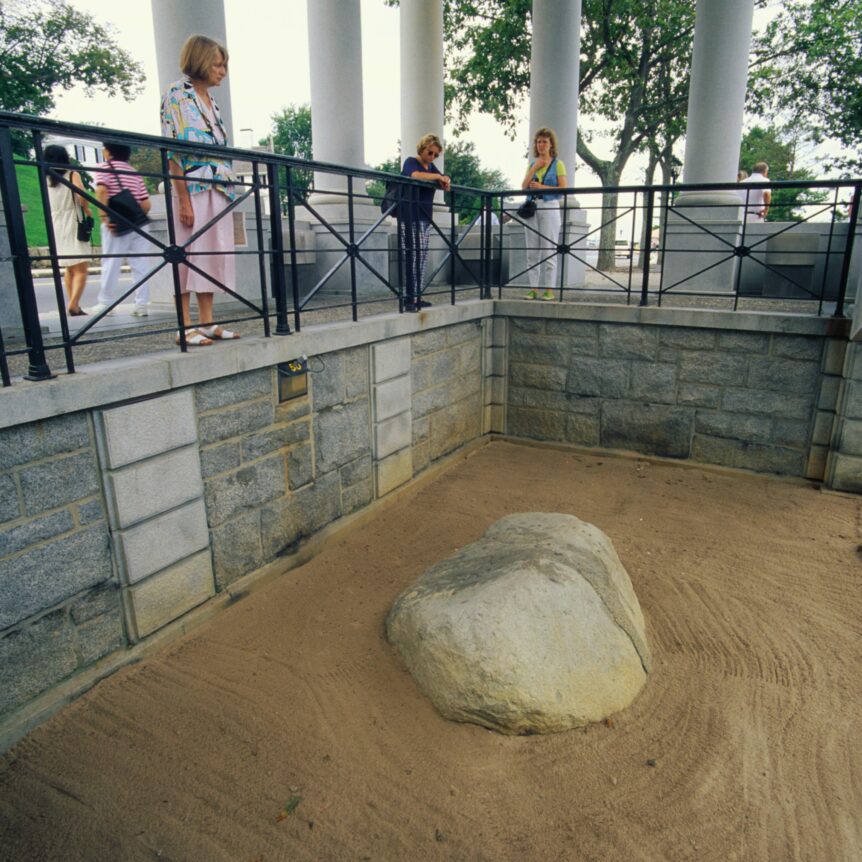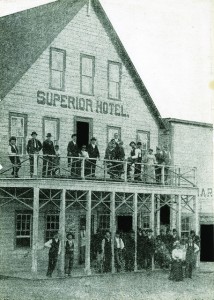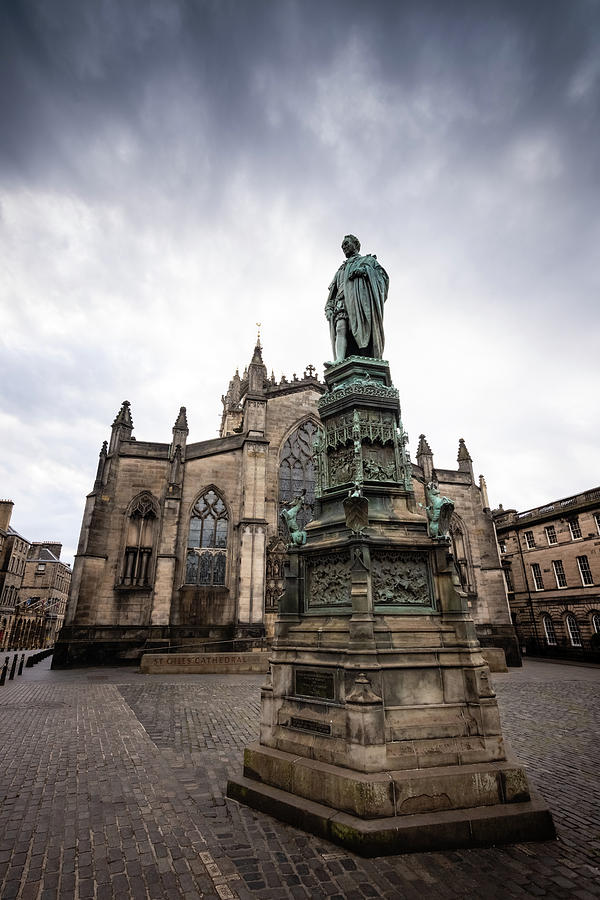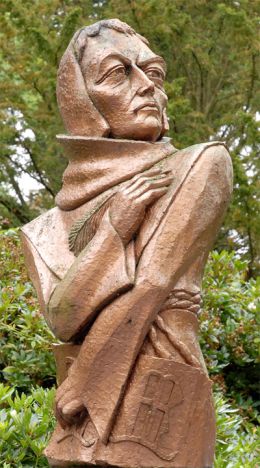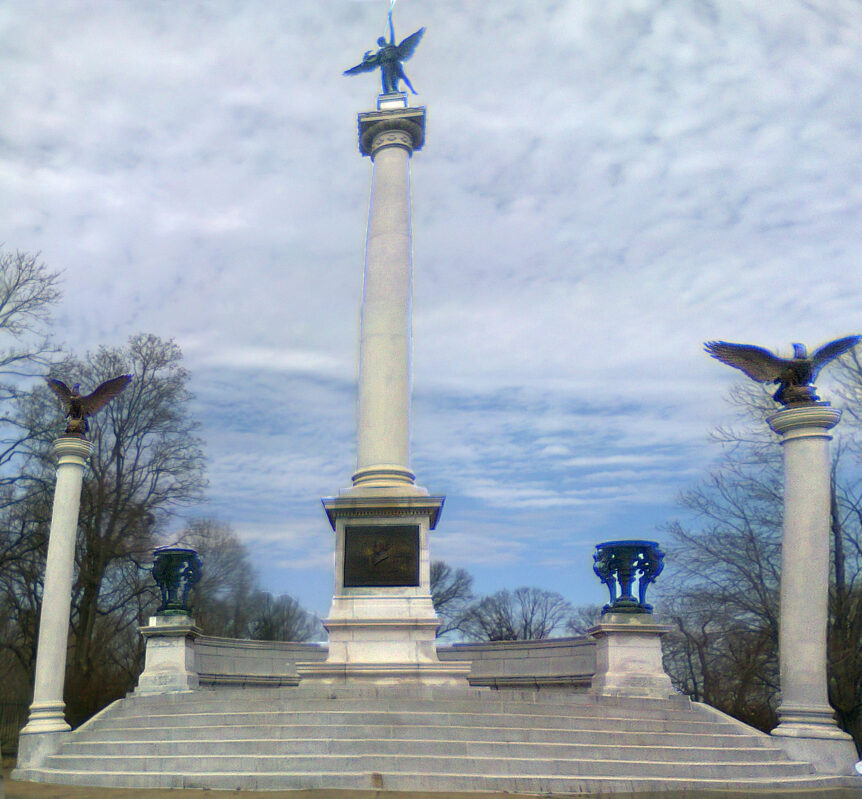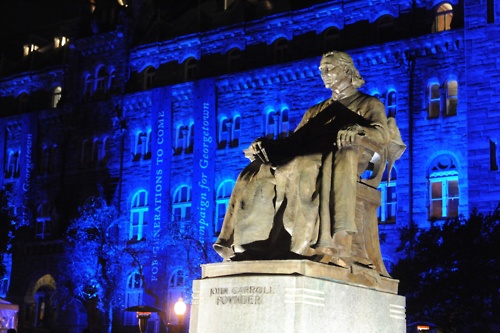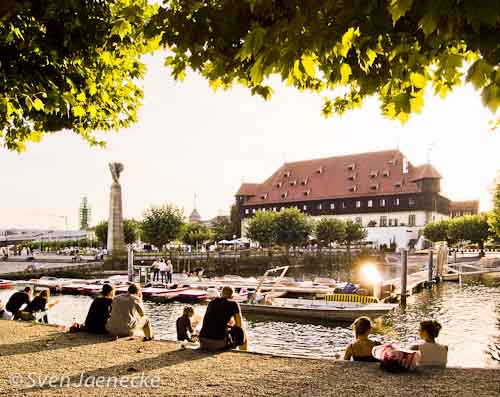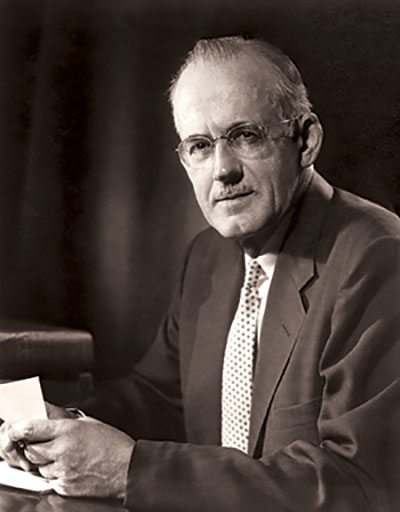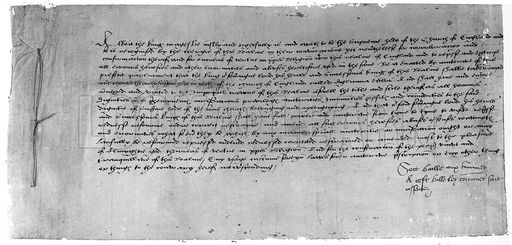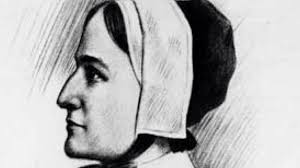Having almost run out of food and beer, 41 Puritan separatists landed at Plymouth Rock in present-day Massachusetts on November 11, 1620. Fleeing the persecution of the Church of England, the set sail on the Mayflower wishing to worship as they wished and not as the official state church expected them to. They originally planned to land further south but …
November 10, 1908 – Gideons International
In Boscobel, Wisconsin in 1898, two traveling salesmen named Samuel Hill and John Nicholson met and began planning what would today be Gideons International. In what started when Hill and Nicholson ended up sharing their hotel room has grown into an international organization. On November 10, 1908, they placed their first Bible in the Superior Hotel in Iron Mountains, Montana.
November 9, 1572 – John Knox
John Knox, who was a giant of the Protestant Reformation and the key figure in the development of the Presbyterian Church, preached his last sermon on November 9, 1572. He would die 15 days later. This is a picture of his statue outside St. Giles Cathedral in Edinburgh where Knox preached fiery sermons for decades.
November 8, 1308 – John Duns Scotus
The idea that Mary, the mother of Jesus, was born under an immaculate conception as was Jesus Himself, was first put forth by a Scottish theologian named John Duns Scotus. Scotus, who died on November 8, 1308, in Cologne, Germany, would have been pleased to know over 500 years later Pope Pious IX would agree with him and make the …
November 7, 1837 – Elijah Lovejoy
Presbyterian minister Elijah Lovejoy was murdered on November 7, 1837, in Alton, Illinois. A staunch abolitionist and fighter of slavery, Lovejoy also owned a newspaper that had been firebombed three times by a mob. After vigorously defending a slave who was burned alive by pro-slavery forces, the mob set fire to his warehouse. Lovejoy was shot trying to beat-back the …
November 6, 1789 – Bishop John Carroll
John Carroll became the first Roman Catholic Bishop in America when he was confirmed by Pope Pius VI on November 6, 1789. In addition to being the Bishop of the Baltimore Diocese, Bishop Carroll also founded Georgetown University in Washington, DC. He was from a true Founding Father Family: His brother Daniel was a signer of the US Constitution and …
November 5, 1414 – Council of Constance
At one time in the late 1300s, three men claimed to be pope at the same time (known as the Avignon Papacy) and stirred up plenty of controversies. All of that ended when the Roman Catholic Church’s Council of Constance convened on November 5, 1414, in modern-day Austria in this former warehouse. In addition to selecting a new pope, they …
November 4, 1928 – AW Tozer
Armed with only a sixth-grade education, self-taught theologian and writer A.W. Tozer begins his ministry on November 4, 1928. Tozer’s best-known book, The Pursuit of God, was written on an overnight train ride with just a Bible, a notebook, and a few pencils. He was known to spend three hours a day in prayer as he prepared his heart and …
November 3, 1534 – Act of Supremacy
As a result of King Henry VIII’s short-lived love of Anne Boleyn and his desire for a divorce, the English Parliament passed the Act of Supremacy on November 3, 1534. The Act officially created the Church of England (called Anglicans in Great Britain and Episcopalians in America) and placed the king or queen of England as the head of the …
November 2, 1637 – Anne Hutchinson
For all their talk of religious freedom, Pilgrims were not very tolerant of dissent. Just like Roger Williams, Anne Hutchinson was kicked out of the Massachusetts Bay Colony as the results of a trial – hers began on November 2, 1637. She was found guilty of “traducing” ministers because she held meetings in her home of women to discuss their …
